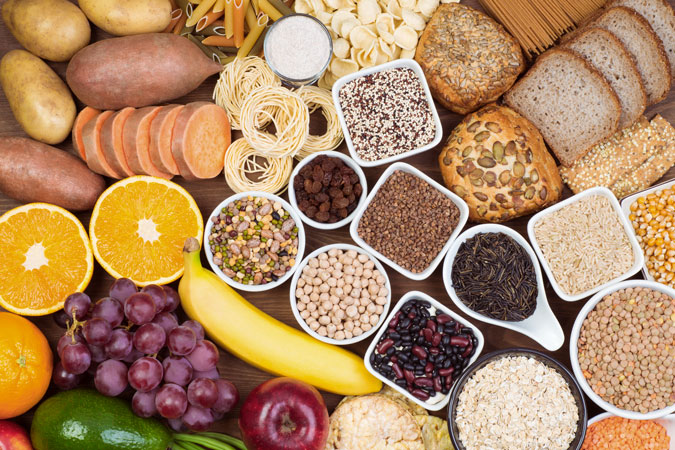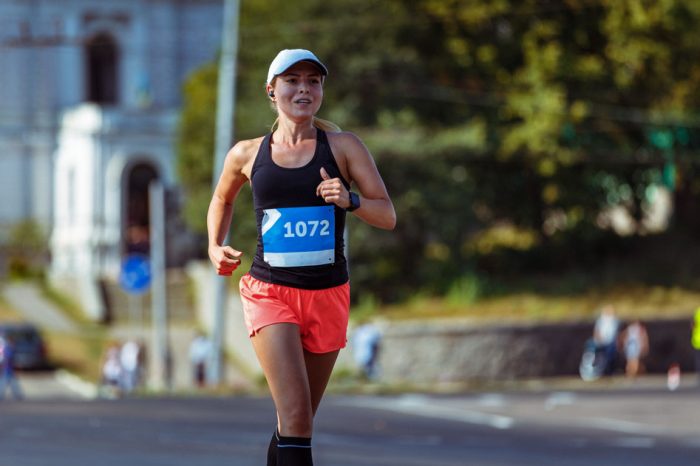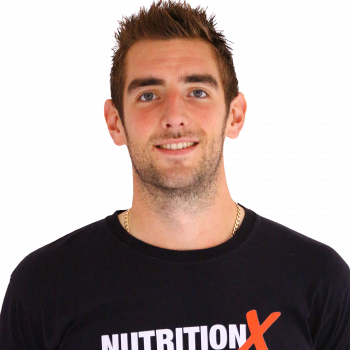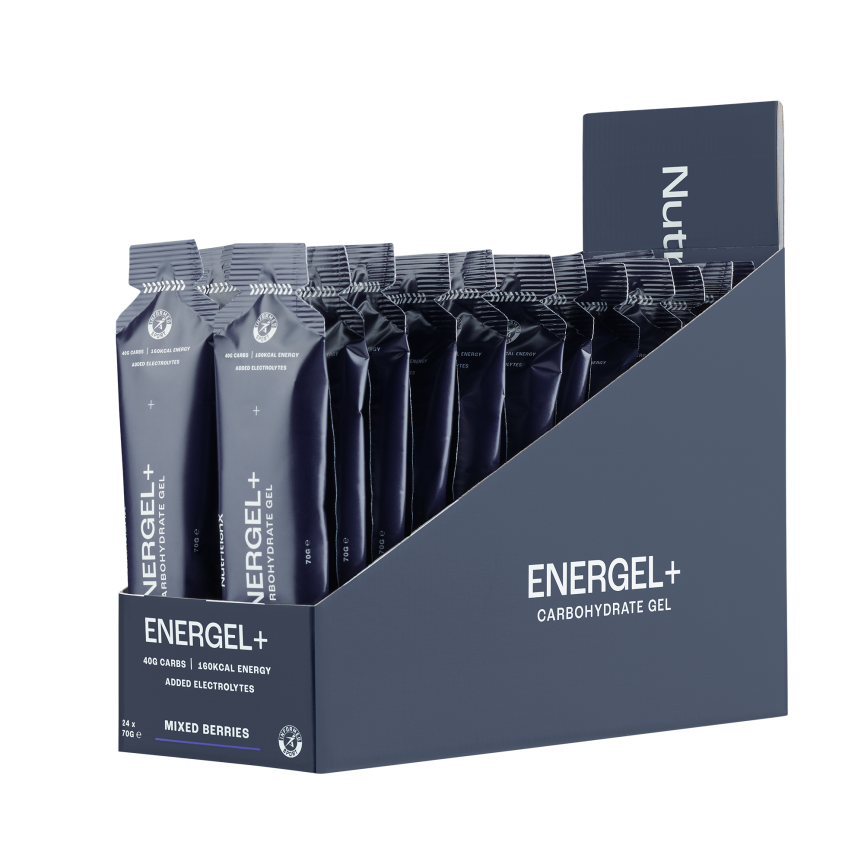What is carb-cycling?
Carb-cycling is the method of adapting daily carbohydrate intake according to energy requirements. Used by athletes to support their training and body composition goals, carb-cycling involves an athlete increasing the amount of carbohydrates they eat on training days - especially heavy training days and in the days before a race - and reducing them on lighter training or rest days. Some athletes, particularly endurance and physique athletes, may even alter the timings of when they consume carbohydrates to maximise training adaptations and body composition requirements.
How does carb-cycling work?
Carb-cycling works by adapting carbohydrate intake daily according to an athlete’s training or competition schedule. Effectively, athletes will consume more carbohydrates on training days, especially heavy ones or in the days before an event or race, and reduce intake on lighter or rest days. The timings of when carbohydrates are consumed daily can also play a significant role in maximising energy levels for performance, training adaptations and recovery.

What are the benefits of carb-cycling for endurance athletes?
Endurance athletes rely heavily on carbohydrates to support their training volumes and will adapt their carbohydrate intake to match their energy needs. As a result, not every training session will be fuelled in the same way. Some sessions may be performed without consuming carbohydrates before and/or during them in order to maximise training adaptations i.e. enhance the use of fat for energy. In the day(s) before a race, endurance athletes will consume more carbohydrates to load up their glycogen stores to maximise athletic performance on the day. For a more in-depth look at carbohydrates and their effect on exercise performance, give our X-Change paper a read.
Should athletes cycle carbohydrates?
Athletes should look to adapt their overall carbohydrate intake according to their training and energy demands, as they won’t require the same volume of carbohydrates on a heavy training day as a recovery day. This also depends on the sport an athlete competes in and if they have any special training goals. For example, an ultra-endurance runner will benefit more from performing some training sessions without consuming carbohydrates before or during them, in order to train their body to use more fats for energy. Ultimately, carbohydrates are king for athletes and should be prioritised for any competition.
Why do athletes carb-load before a race?
When it comes to performance, carbohydrates are vital for athletes. Muscle glycogen is the primary energy source for high-intensity exercise and is strongly correlated with improved athletic performance. Increasing the amount of carbohydrates in the day(s) before competition helps an athlete to load up their muscle glycogen stores, and will require 6-12g of carbohydrates per KG body mass depending on the sport and race in question. Greater muscle glycogen stores equals more energy come race-day; simple!

What supplements can help with carb-cycling?
Carbohydrate gels and drinks are very effective for easily increasing carbohydrate intake when carb-loading the days before a race. Creatine monohydrate can also increase muscle glycogen synthesis, which is effective for both the days before and after competition, especially for team sport athletes (i.e. footballers) who may play two matches in just 72 hours. Adding electrolytes to water may also be worthwhile to promote hydration, as 3ml of water per gram of carbohydrates is needed to store them as glycogen.
Do Olympic athletes carb-cycle?
Yes, Olympic athletes will adapt their daily carbohydrate intake specific to their training and competition. In the days before a race/event, they will go through a tapering period to reduce their training volumes and intensity, and therefore will adapt their nutrition in a similar way to maximise performance in competition. Some Olympic athletes will also compete multiple times a day over consecutive days i.e. heptathlon, so will require more carbohydrates to maintain energy levels and promote recovery between each event.
Find out more about carbohydrate intake during exercise via our dedicated X-Change paper here.









